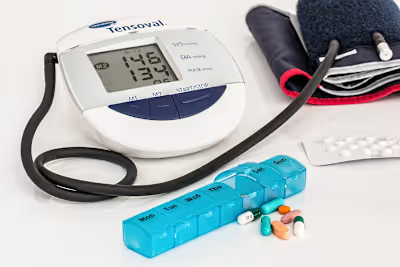Effective Study Methods For Higher Grades and Test Scores

Have you been through this experience when you hear a song and it sticks to your mind for years while the highest yield topics such as brachial plexus, Kreb’s cycle, and pharmacodynamics remain elusive despite you going through them over and over? Don’t worry! We will introduce you to some highly effective methods and techniques that are not only great for boosting your memory skills but also for deep understanding and comprehensive learning.
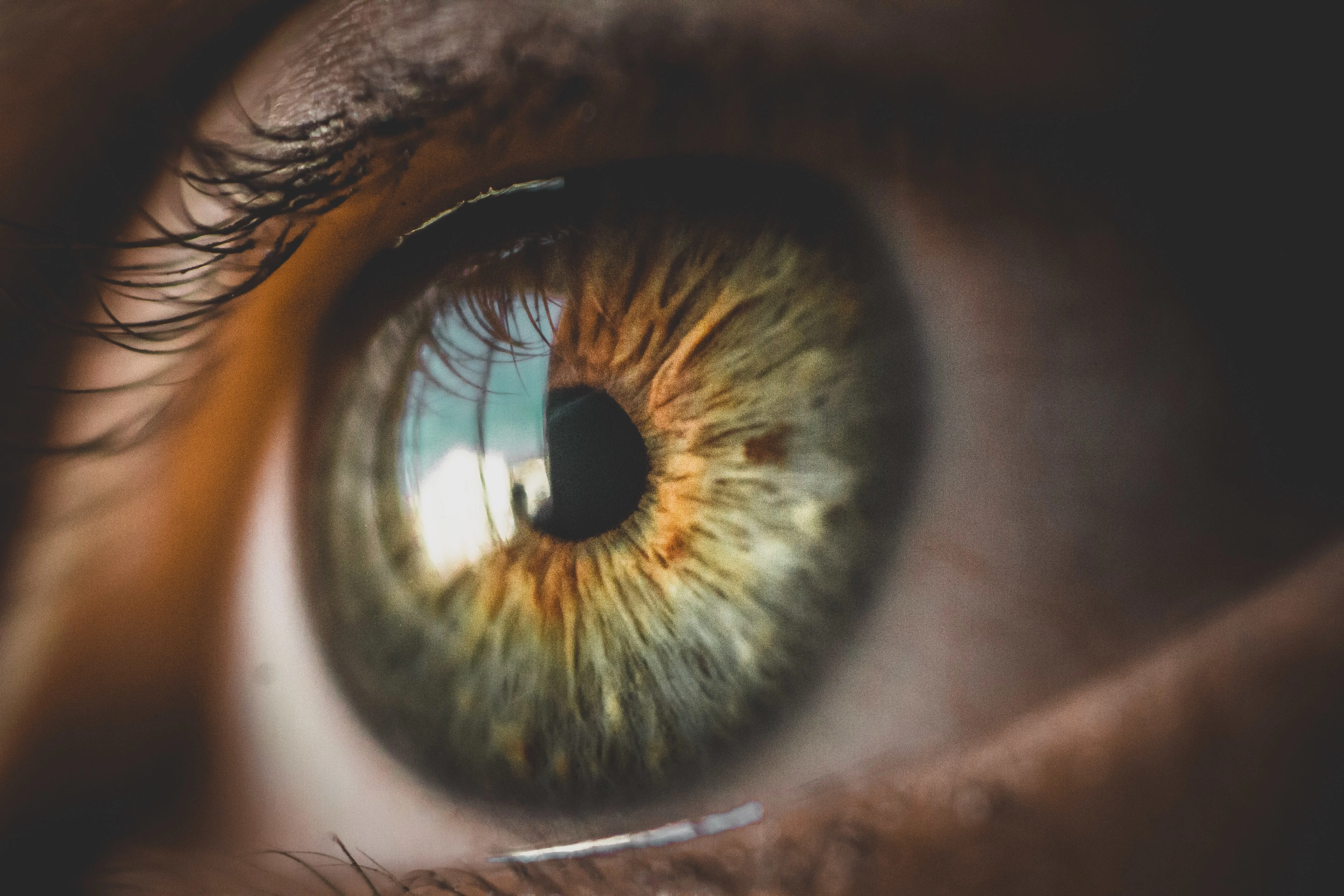
All of Your Five Senses Are Where You Should Start:
The more you depend on your different senses while learning, the more you develop a strong memory.
For instance: Try to pick anatomy models while studying anatomy so that you are not only looking at it but also touching each part and saying it out loud.
Avoid eating processed, heavy foods rich in carbohydrates and, instead, go for fresh fruits, vegetables, and especially brain food like berries, almonds, eggs, and oats. Food for thought, ain’t it?
Light up some beautiful aroma-filled candles when you are too stressed.
Scents like lavender and lemon are proven to be beneficial.
Be good, do good, and SEE good is an age-old saying, and it is always good to take a break and walk for a few minutes, see what's happening around us, meditate, and relax. 5 minutes of break can do wonders rather than 5 hours of continuous exhaustive studying. Take THAT WALK!
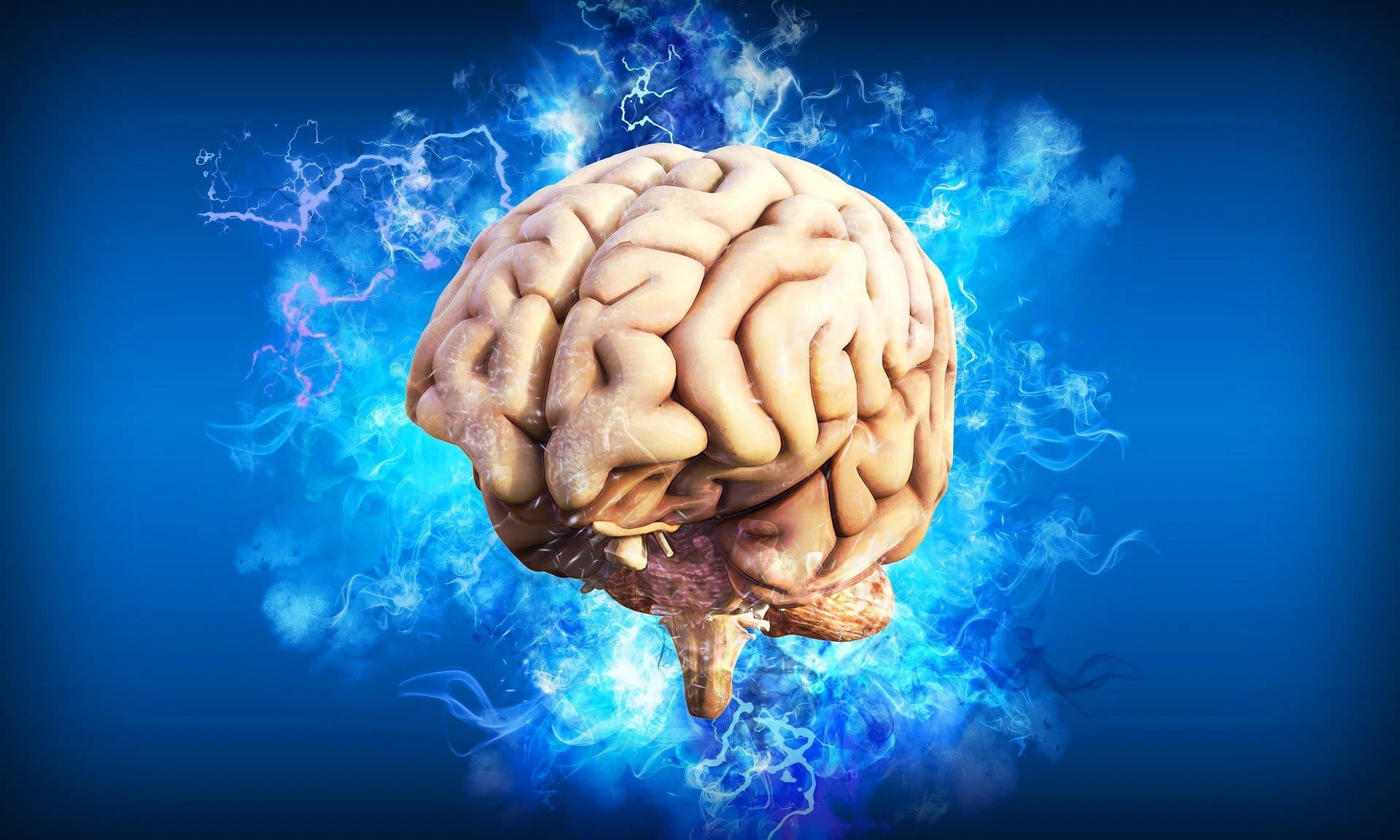
In-Depth Learning and Understanding:
The way to do this is to ask yourself 'Why?' Why is increased sodium intake associated with Calcium urinary stones?
This is where you not only get well-founded clinical knowledge but also develop a strong memory. It will also prepare you well in advance for all the mind-boggling questions that might pop up in class tests or on your boards. Rote-learning will only stick for a day, but going in-depth and learning a topic in and out is better and will never be forgotten. Practice active listening, make concise notes, and always ask WHY? WHERE? WHEN? and HOW?
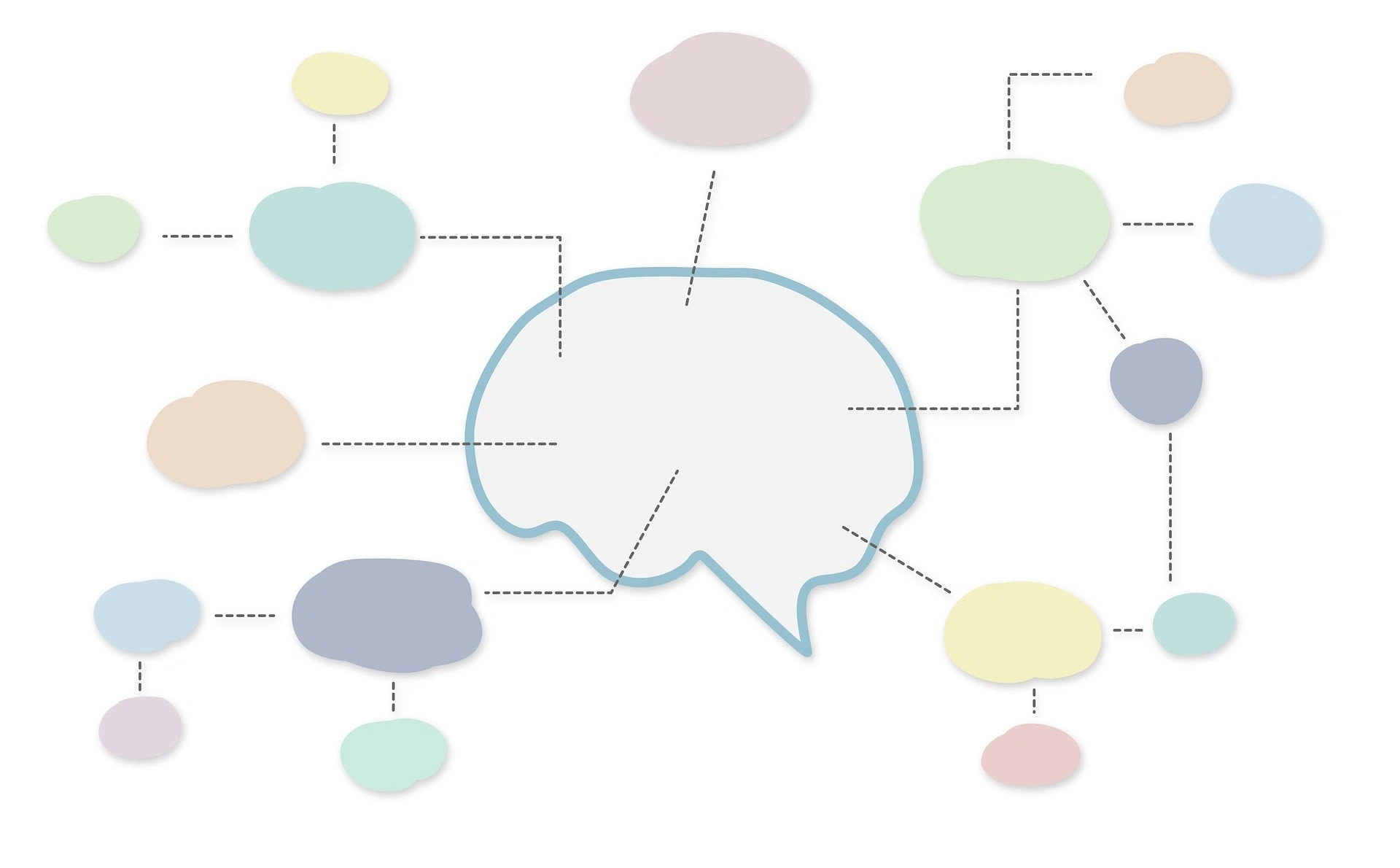
Mind Maps:
In order to not get lost, get a map for your mind. Mind mapping has always been referred to as one of the most effective study techniques ever. Not only are mind maps good for better recall and memory boosting but also for comprehensive learning. you get all that you need about a certain subject in one place.
For example, If you are studying diabetes mellitus and you want to go over study material the night before the exam quickly, a mind map is what you are looking for.
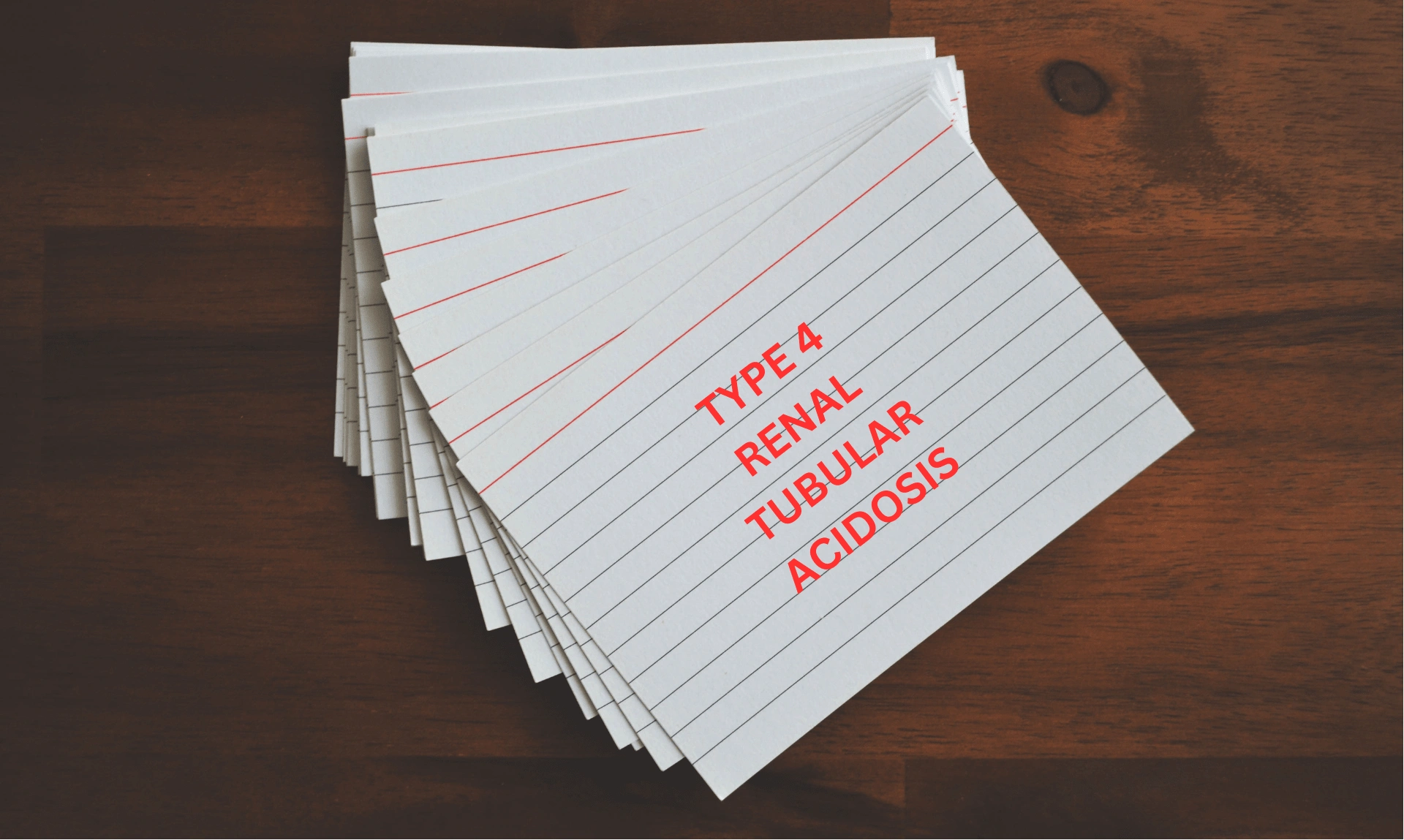
Flashcards and Spaced Repetition:
A study method based on spaced repetition with flashcards (e.g., Anki), where you increase the time intervals with which you keep viewing certain information and start recalling information faster. According to Hartwig & Dunlosky's article in 2012, grade point average (GPA) is correlated with the spaced study: Students with higher GPAs more often report spacing their studies. In the Leitner system, correctly answered cards are advanced to the next, less frequent box, while incorrectly answered cards return to the first box for more aggressive review and repetition.

Enough Sleep for Better Recall:
Sleep is critical in both supporting the overnight consolidation of new memories and restoring the next-day encoding capacity of the hippocampus. It also helps with increasing your grades and scores in the long term. A cross-sectional study was done on first-year through third-year students at a pharmacy school and it was concluded that higher course grades and semester GPAs are associated with a longer duration of sleep on nights before exams
In the end, the longer you apply these methods, not only the better your grades will be, but also the more you enhance personality traits such as discipline and self-esteem. So, if I showed you a picture of what you could be using these methods, you would hate where you are now. What are you waiting for!? start today!
Like this project
Posted Mar 19, 2023
Educational magazine article to introduce students, especially of USMLE to the most highly effective study methods for better scores in exams.
Likes
0
Views
17



